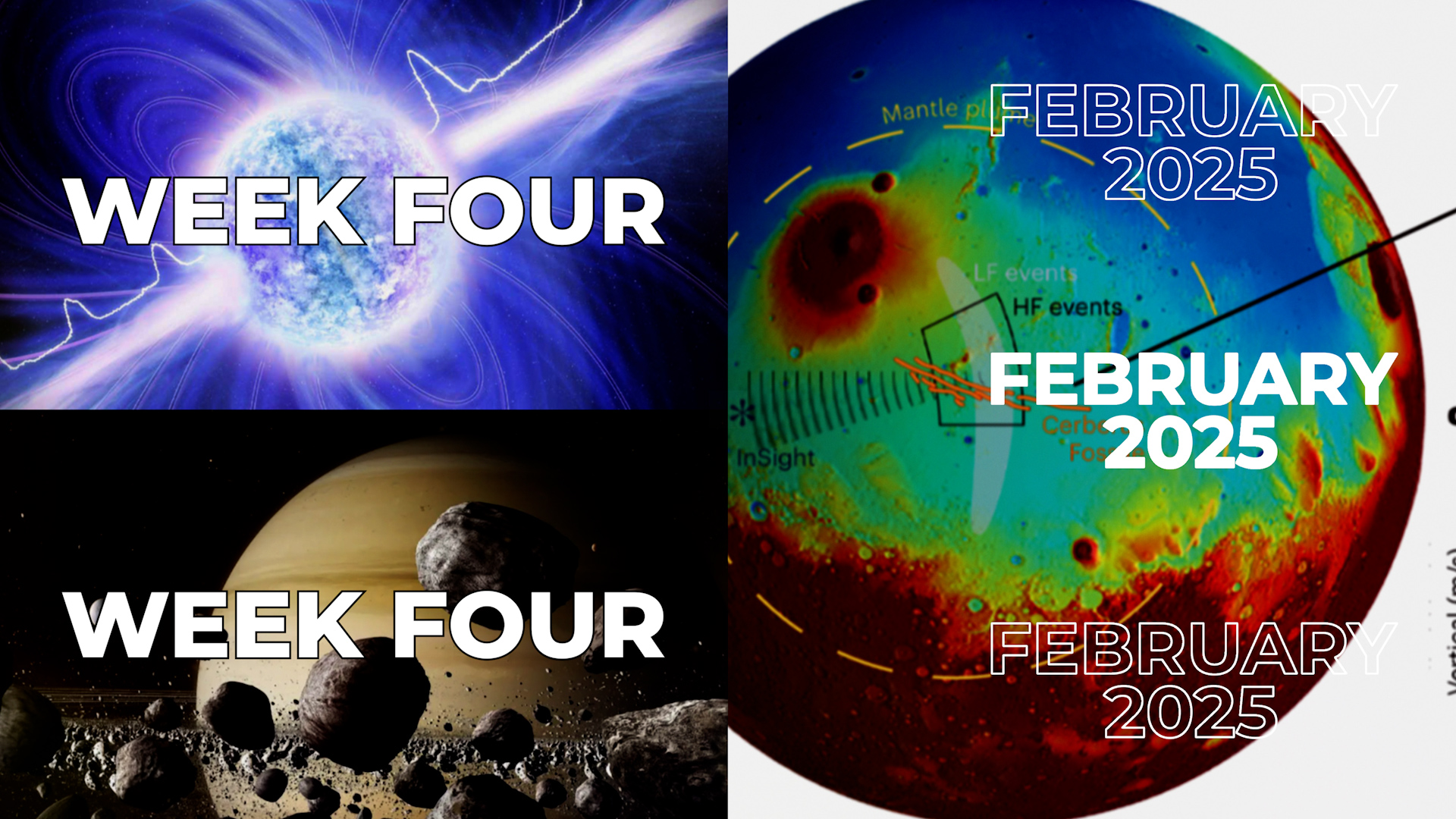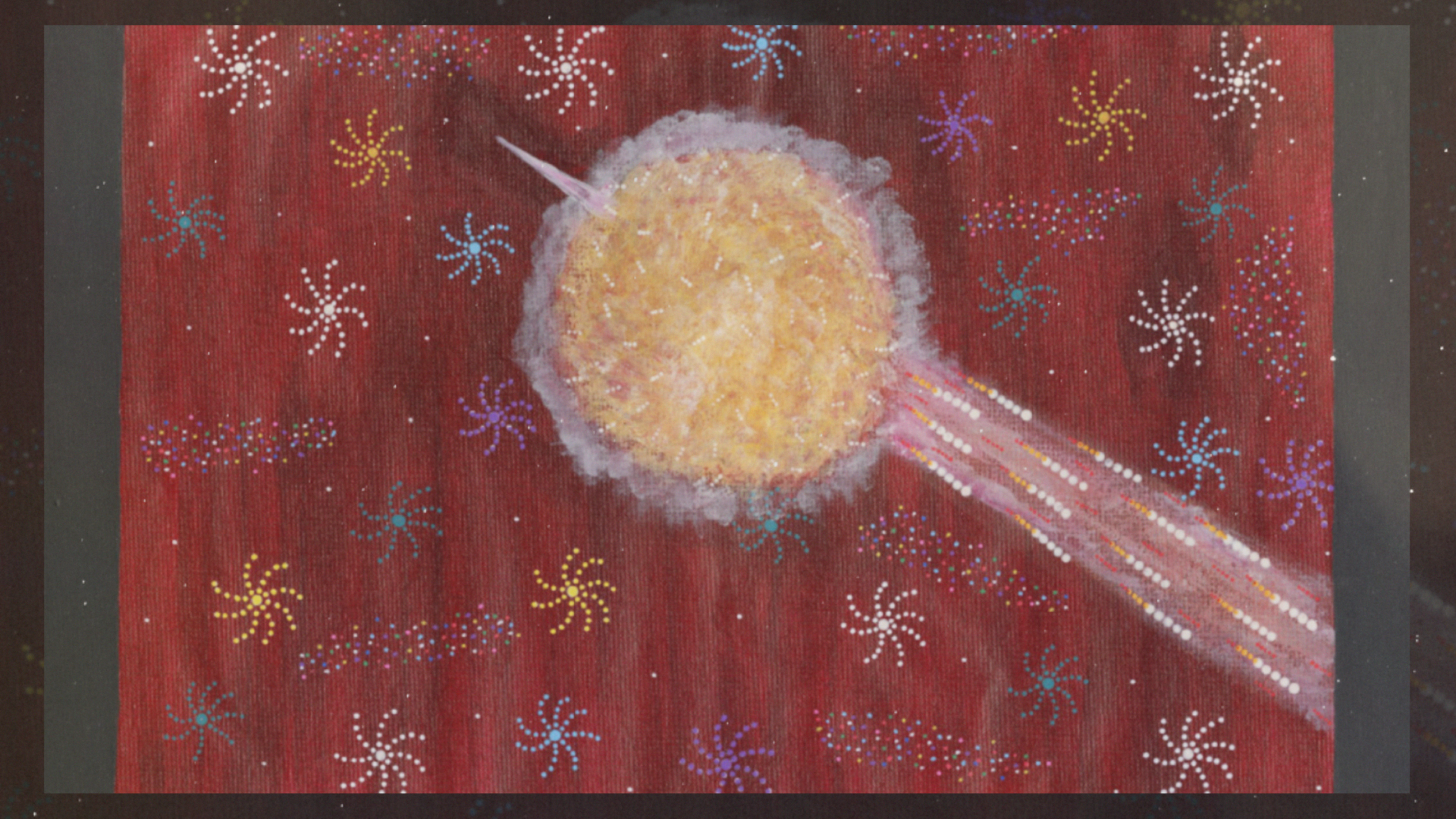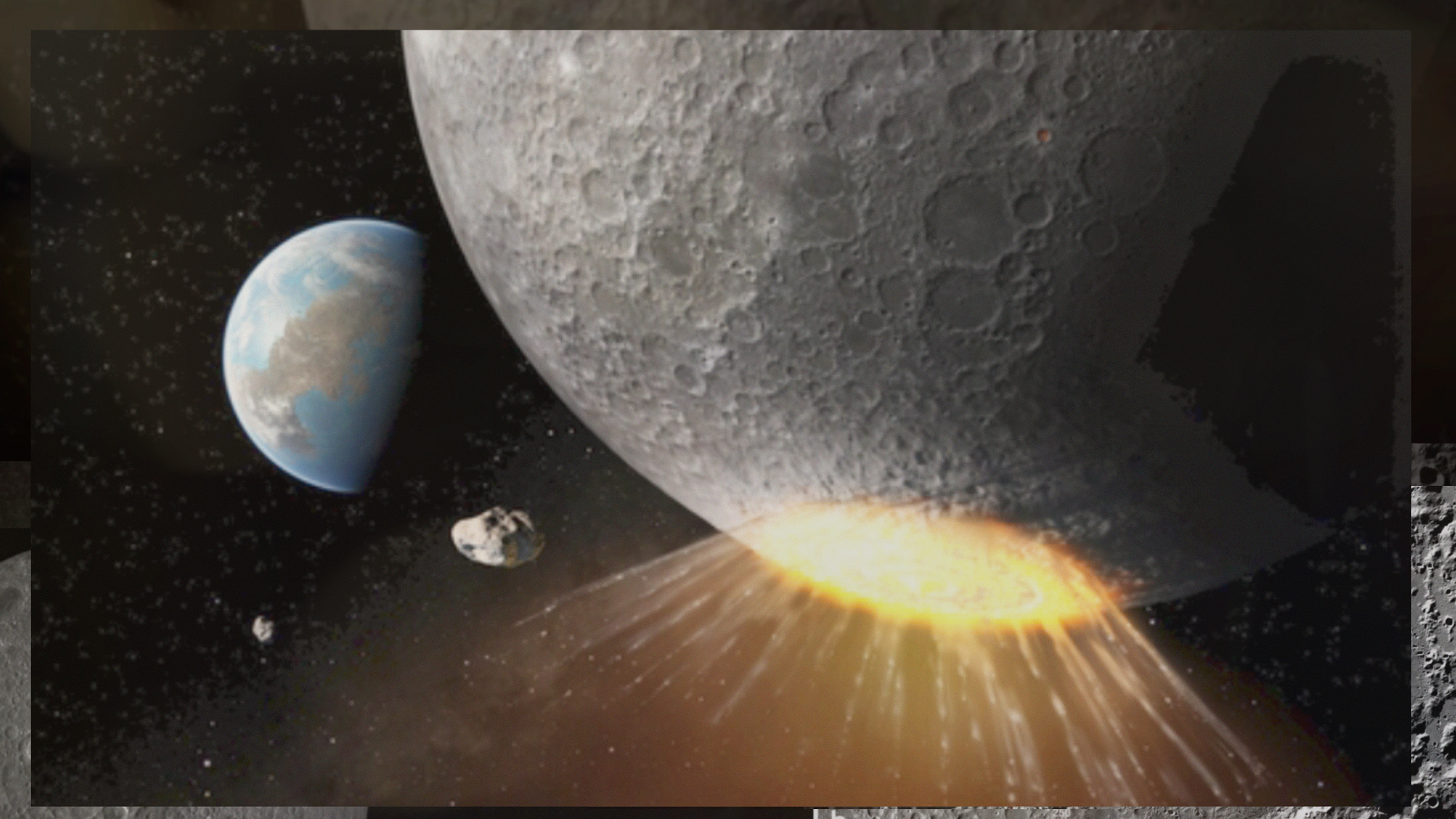We’ve known for a while that the orderly movement in a galaxies early life would give way to seemingly chaotic and random movement in older galaxies, but scientists have been uncertain about what causes this – possibly the surrounding environment or the mass of the galaxy itself but this new study shows that it’s neither of those things – it’s just getting old.
But the earlier work is not necessarily incorrect, says second author Dr Jesse van de Sande. Young galaxies are star-forming super-factories, while in older ones, star formation ceases.
Our own galaxy, the Milky Way, still has a thin star forming disk, so is still considered a high spin rotational galaxy. The study allows astronomers to rule out many processes when trying to understand galaxy formation and so fine-tune models of how the Universe has developed.












